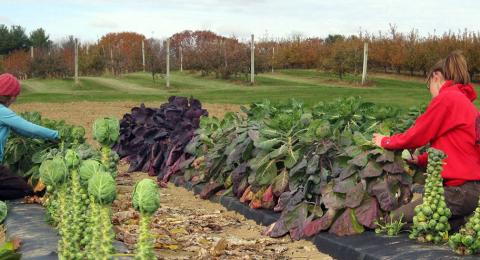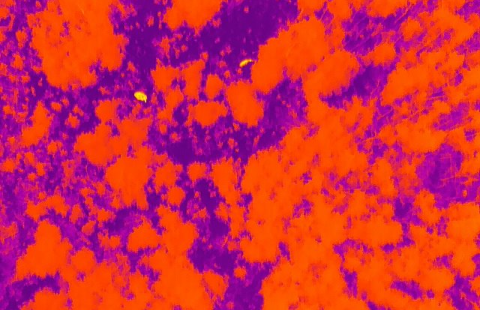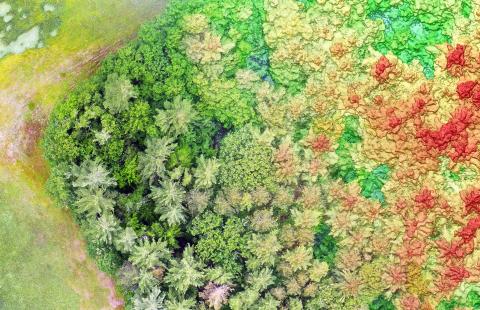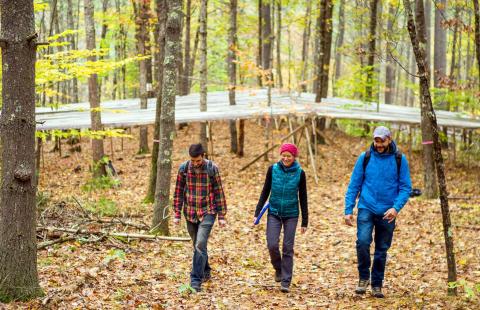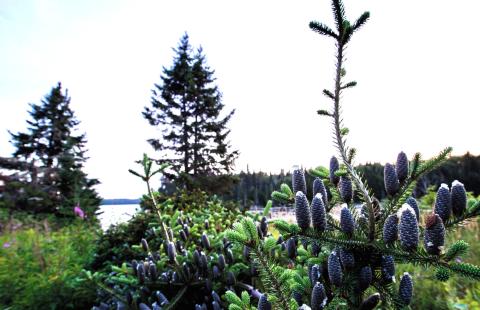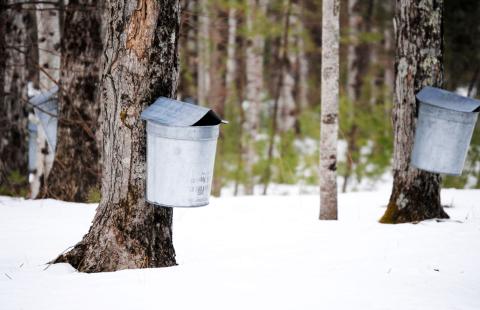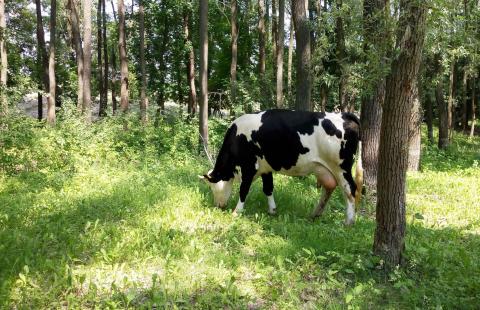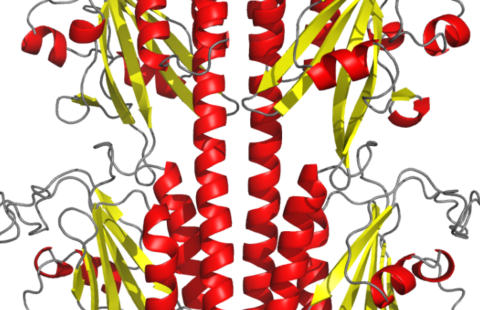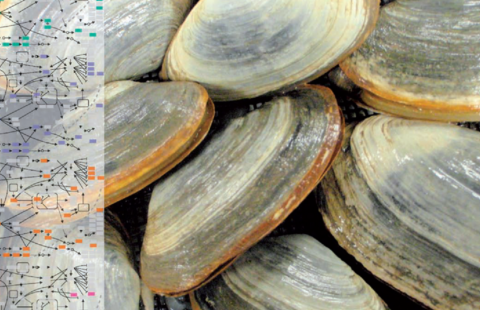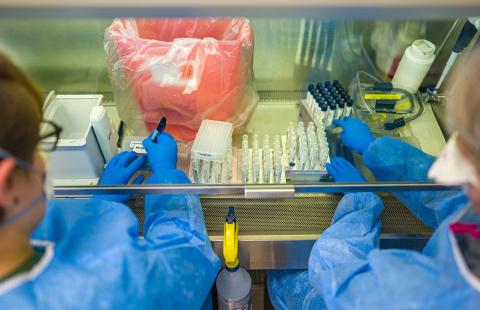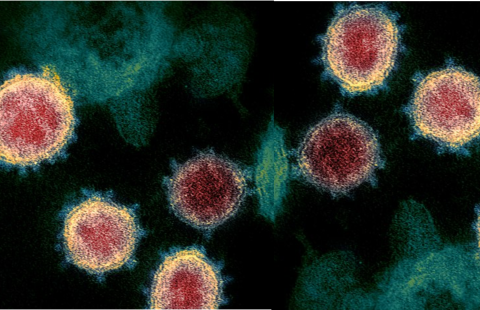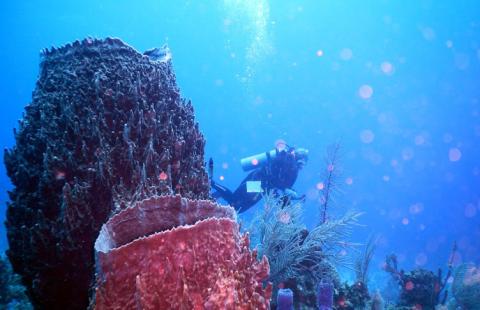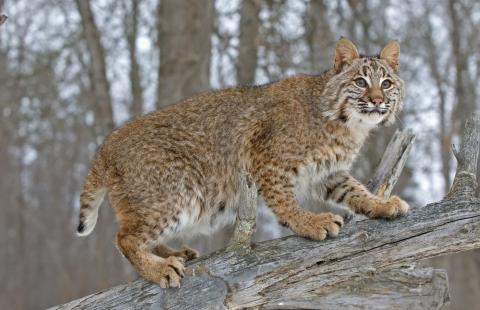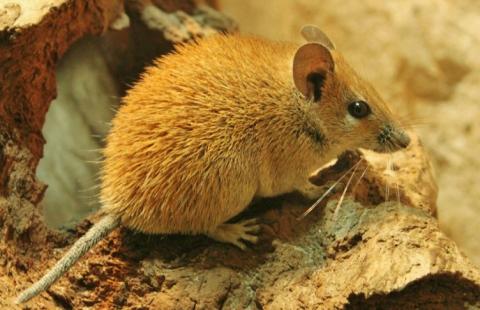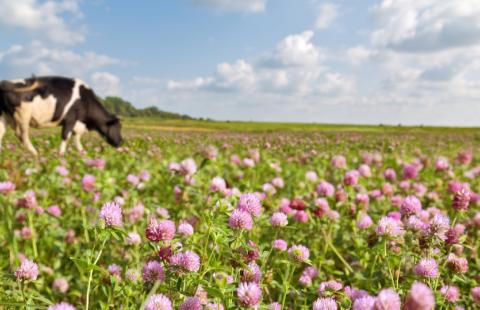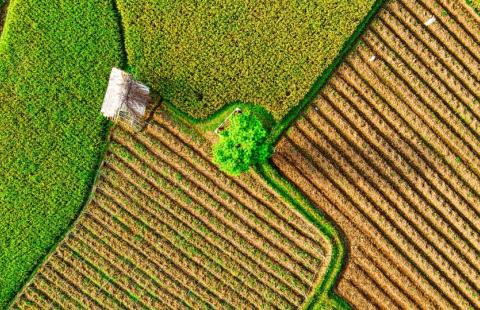COLSA scientists conduct research on a wide array of issues in areas of human and animal health, sustainable food production and nutrition, natural resource and wildlife management, and environmental quality. Learn about the research that’s pushing the scientific frontiers that will help overcome challenges and capture critical opportunities to improve the lives and livelihoods of communities in New Hampshire and beyond.
Please note: This directory launched August 2022 and it is not yet a comprehensive list of research work performed across COLSA. You can find a more complete inventory of research conducted by COLSA researchers on the COLSA FindScholars webpage and on the biography webpages of individual faculty members.
Do you have content that you'd like to publish within this directory? Fill out our Research Spotlight intake form. You can contact Sarah Schaier with any questions.
